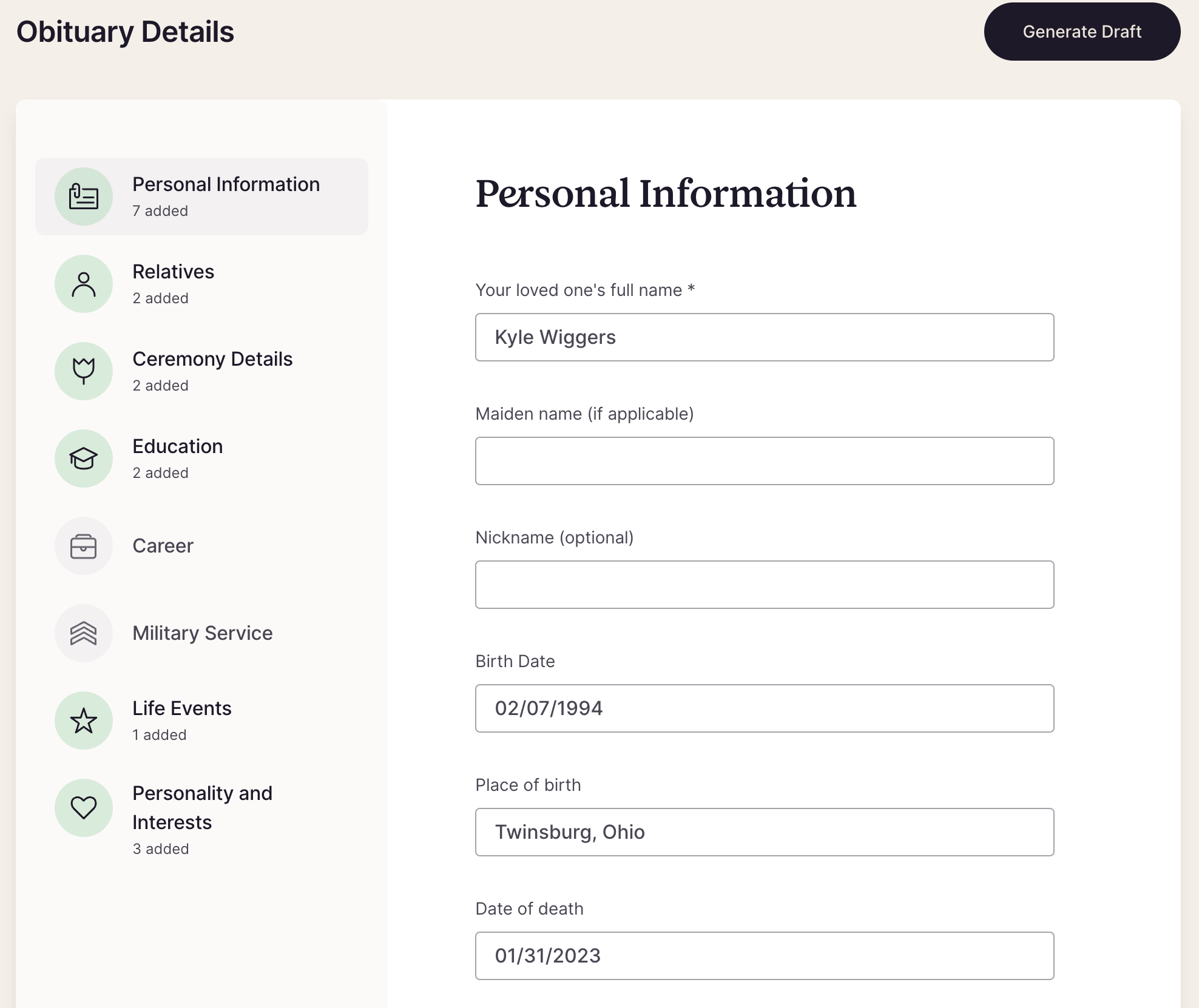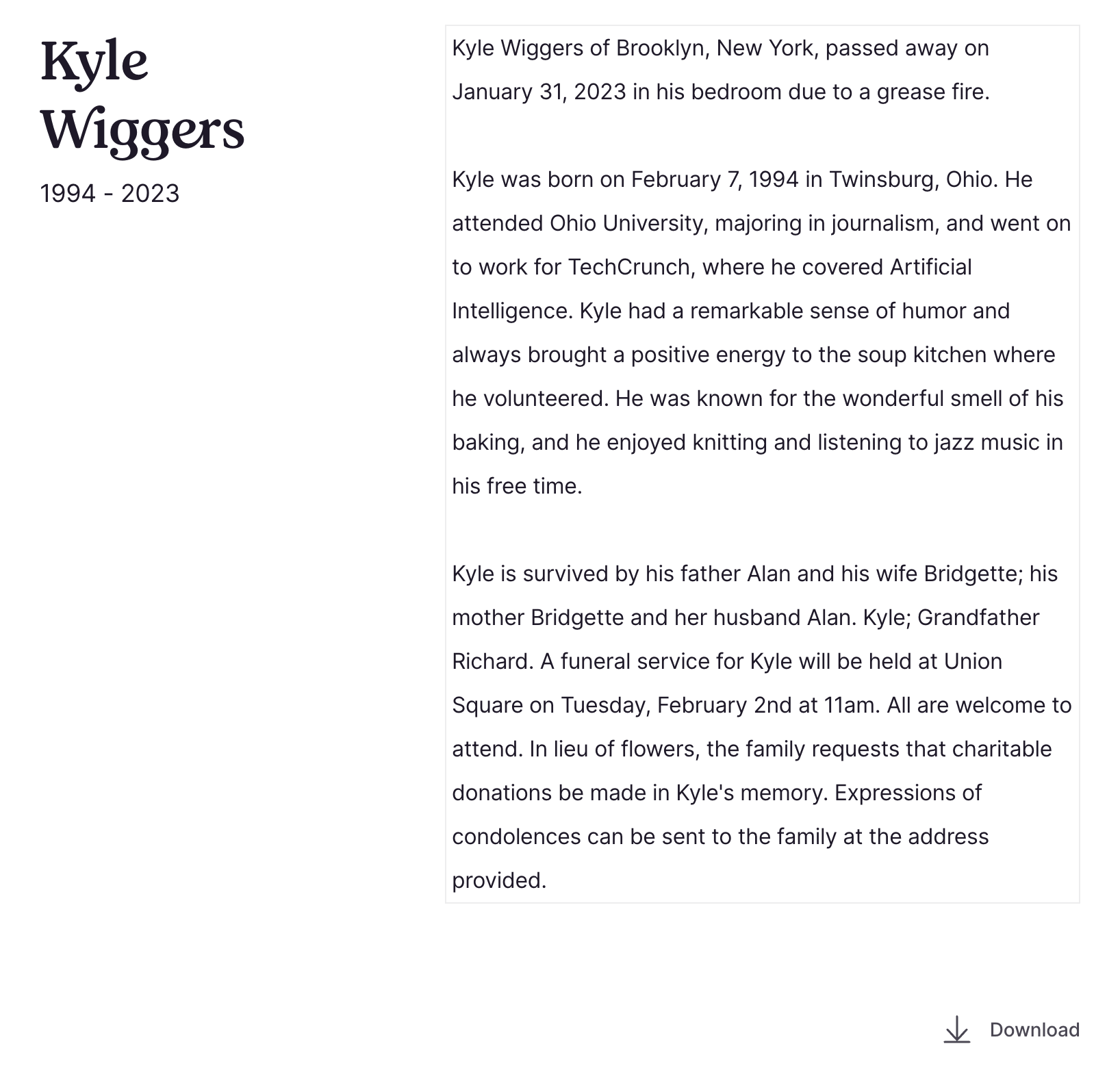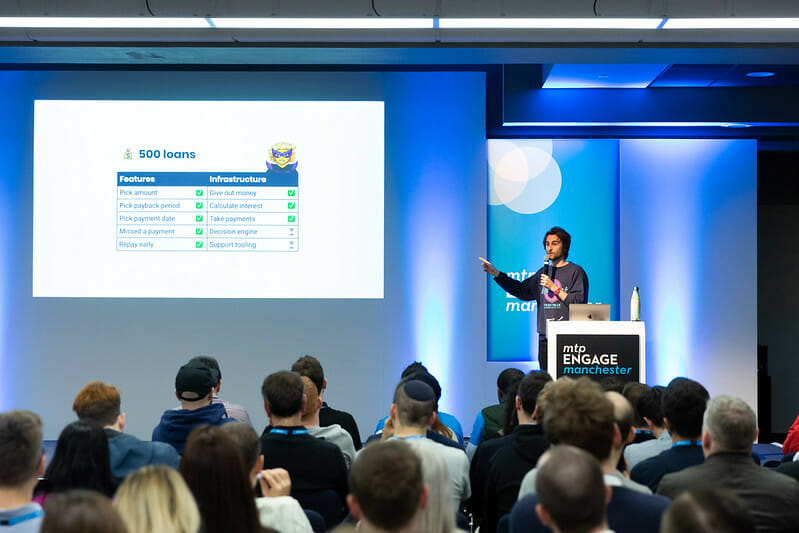Empathy is a critical skill for product managers, as it enables them to deeply understand and connect with the users they are designing for. By putting themselves in the users’ shoes, product managers can gain valuable insights into their needs, motivations, frustrations, and goals. This understanding is essential for creating products that not only meet functional requirements but also provide a meaningful and engaging user experience.
When product managers approach their work with empathy, they are better equipped to:
- Identify unmet needs: By empathizing with users, product managers can uncover hidden pain points and opportunities that may not be immediately apparent. This allows them to create products that address real user needs and provide genuine value.
- Prioritize features: With a deep understanding of user needs, product managers can prioritize features and functionalities that have the greatest impact on the user experience. This ensures that resources are allocated effectively and that the product remains focused on delivering value to users.
- Design intuitive interfaces: Empathy helps product managers understand how users navigate and interact with the product. This knowledge can inform the design of intuitive, user-friendly interfaces that minimize friction and enhance the overall user experience.
- Communicate effectively: When product managers empathize with users, they can communicate the product’s value proposition in a way that resonates with the target audience. This helps in marketing efforts, user onboarding, and fostering a connection between the product and its users.
- Foster customer loyalty: By demonstrating a genuine understanding and concern for user needs, product managers can build trust and loyalty among their user base. Users are more likely to remain engaged with a product when they feel that their needs and experiences are valued and understood.
To cultivate empathy, product managers can employ various techniques and practices:
- Conduct user interviews: Engaging in one-on-one conversations with users allows product managers to gain deep insights into their experiences, motivations, and challenges. These interviews can uncover valuable information that may not be captured through other research methods.
- Observe user behavior: Watching users interact with the product in their natural environment can provide valuable insights into how the product is actually used and where users may encounter difficulties or frustrations.
- Create user personas: Developing detailed, research-based user personas helps product managers maintain a clear understanding of the different user segments they are designing for. Personas provide a tangible representation of user needs and characteristics, keeping the team focused on the user throughout the product development process.
- Use empathy mapping: Empathy mapping is a technique that helps product managers visualize user experiences by capturing their thoughts, feelings, actions, and words. This exercise can provide a more holistic understanding of the user experience and highlight areas where the product can be improved.
- Engage in regular user testing: Continuously gathering user feedback through usability tests, surveys, and other methods ensures that the product remains aligned with user needs and expectations. This ongoing dialogue with users helps product managers refine their understanding and adapt the product as needed.
By embracing empathy as a core principle, product managers can create products that not only solve problems but also resonate deeply with users. This user-centric approach ultimately leads to more successful products, happier customers, and stronger businesses.
Challenges in Applying Empathy
Bias and Assumption: There is a risk of biases influencing what product managers choose to see and hear. Regularly challenging one’s assumptions and involving diverse perspectives can mitigate this risk.
Resource Intensity: Deep empathetic processes require time and resources. Balancing depth with efficiency is crucial, especially in fast-moving environments.
Scalability: As products scale, maintaining an empathetic approach can become challenging. Leveraging technology to gather and analyze user feedback can help maintain empathy at scale.
Implementing Empathy Effectively
To operationalize empathy effectively, organizations can adopt the following practices:
Build diverse teams: Diversity in teams brings multiple perspectives, reducing the echo chamber effect and enhancing the understanding of varied user needs.
Integrate Data: Balance empathy with data-driven insights. Combine qualitative empathetic findings with quantitative data to make well-rounded decisions.
Utilize technology: Advanced analytics, AI, and machine learning can provide insights at scale, helping maintain an empathetic approach even as user bases grow.
Set ethical boundaries: Define clear ethical guidelines on how user data should be collected and used, ensuring that empathy does not infringe on user privacy or manipulate user behavior unethically.
Not Just a Soft Skill
Empathy is a strategic tool in product management that can lead to more successful and beloved products. By understanding and genuinely addressing user needs, product managers can create products that not only meet market needs but also forge strong emotional connections with users.
Incorporating empathy into the product development process requires a commitment to understanding users beyond the superficial level and integrating this understanding into every aspect of product design and development. As we continue to advance technologically, let us not forget the human element that drives the use of technology. After all, at the heart of every great product is a deep understanding of its users.
Interested in more?
We recently discussed this topic and much more on last week’s TPG Live roundtable discussion. Missed the event? Watch the replay here: https://www.youtube.com/watch?v=1RKReSrdDB4
And don’t forget to mark your calendars for our next TPG Live session on August 1st at 7 PM ET, where we will be exploring “Decision Making & Storytelling.” You can RSVP here: RSVP for the Next Event. Even if you can’t attend live, RSVP to receive a recap and a link to the recording.




